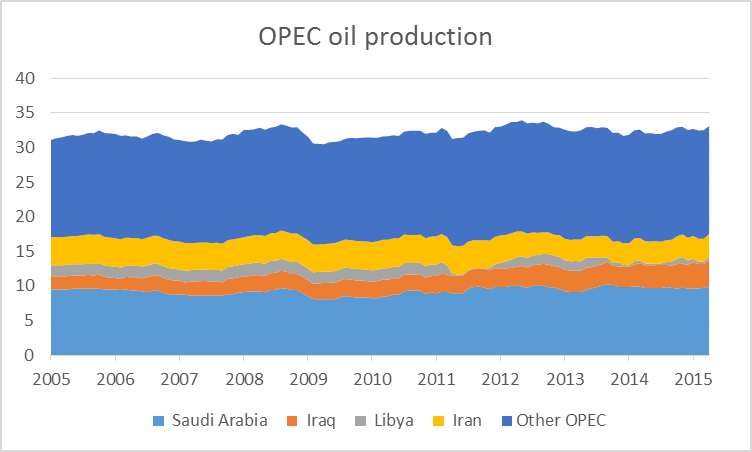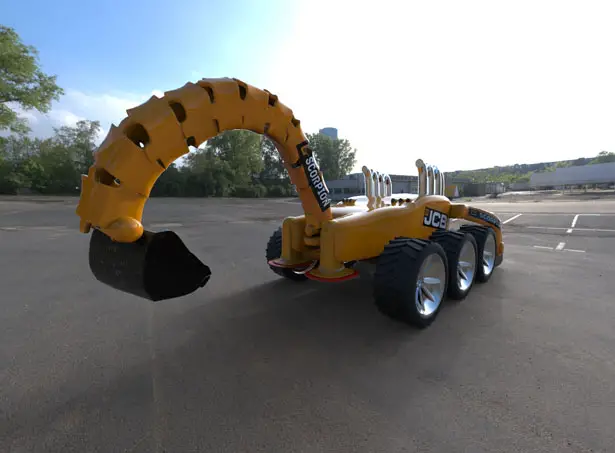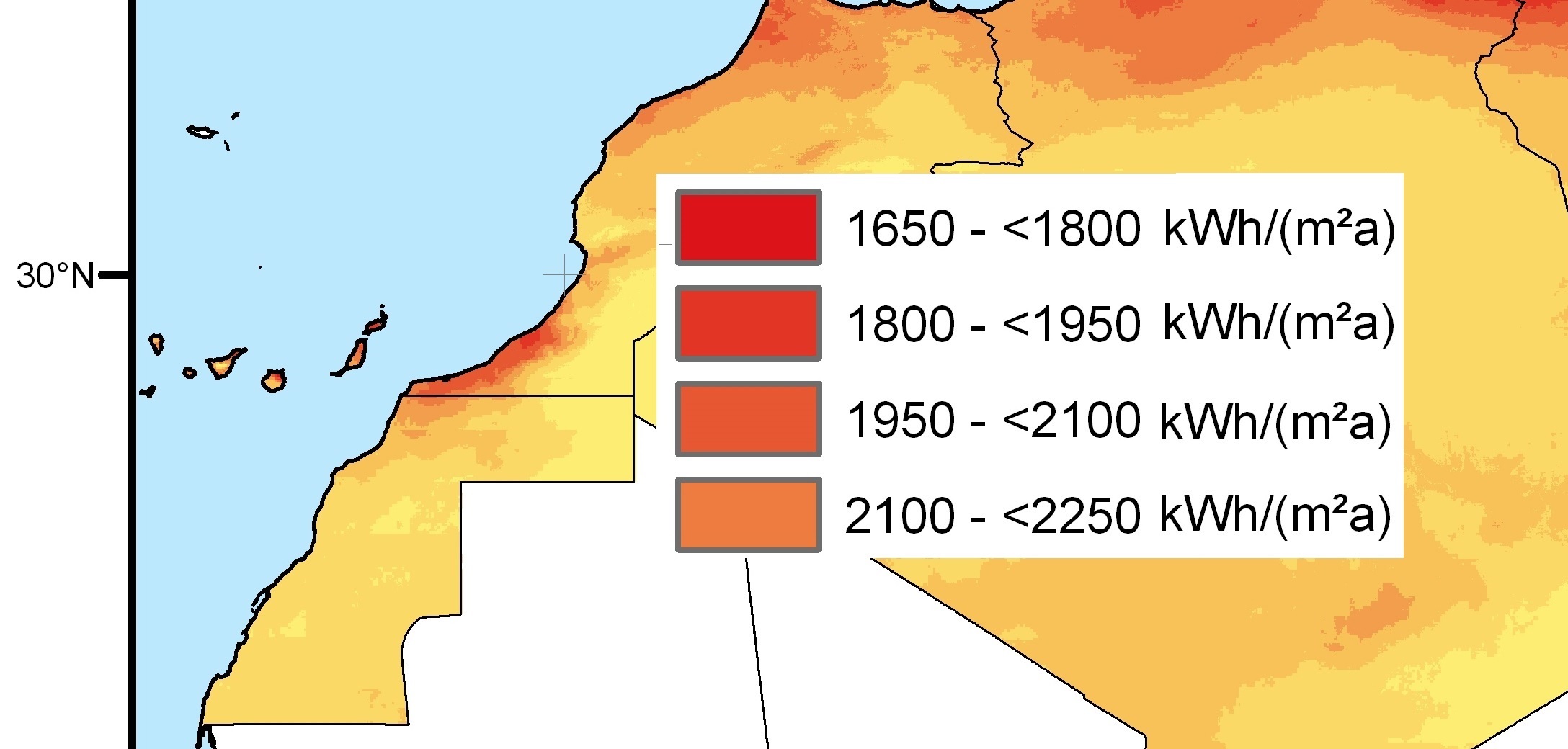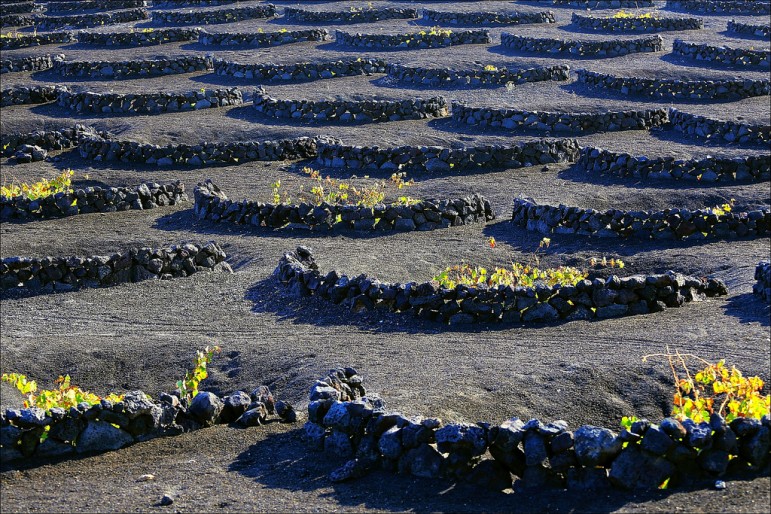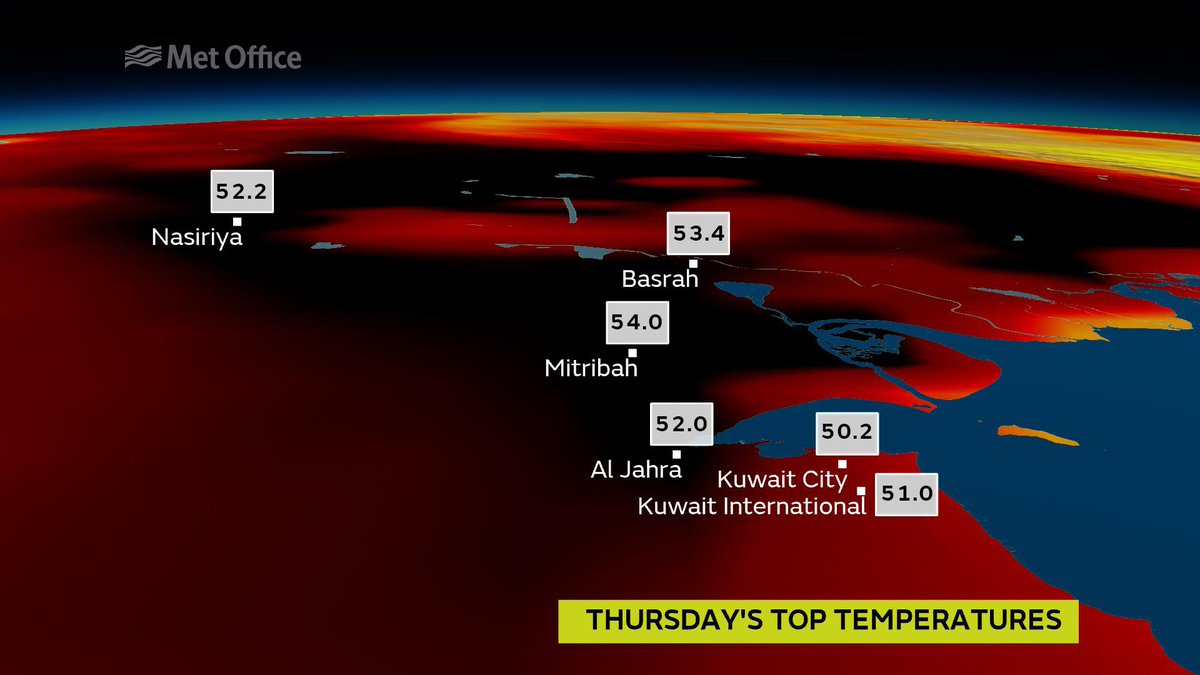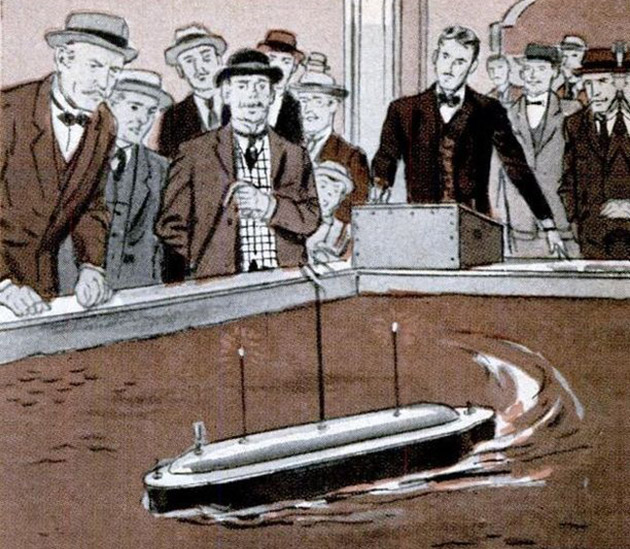If you would read that the prime minister of Canada is now the PM of England, and will go to Canada to talk business you’d wonder how the hell that was possible. Don’t leaders have to be from their own soil to have authority? Mark Carney doesn’t attract such responses, even though he is part of a system that is more powerfull than parliament, the banking system. In it he switched jobs from Bank of Canada governor to Bank of England governor. As if there where no nations really.
Banks are our governments. They control the amount of money we have, our behaviour, in response to the availability of fossil resources.
The banks are powerfull, we know it because they seem to dictate a lot of what happens, they are after all the managers of our economies, and our economies are holy. We have written about what banks really represent : They represent our access to fossil fuels, also our ability to organize. The access to fossil fuels aspect we call it’s membership of the carboncredit system, because money is carbon credit. You can only buy oil in Dollars, you constantly need more Dollars, Euro, Yen to keep going, because most things you or manufactureres of what you need do requires fossil fuels. Those fuels get burned and evaporate (H2O and CO2) and then we need more money.
In a fossil fuel economy we need to find money time and time again because we spend it on fuel, which we burn.
The role of the banks has been to manage the amount of money that can be spend on fossil fuels (directly or indirectly) so that prices remain stabile. It is easy to see this is the case, because if a bank loans you $1 billion and the gas station has no fuel or there is no gas or coal, your billion will not be worth anything. Nothing will be for sale. On the other hand, if you are loaned $100 and there is plenty of fuel for sale you will find prices of everything will be very low, as all fuel suppliers compete for the same $100. The beauty of this system is that 1. The price of fuel says nothing about how much is available. 2. The banks can tell you stories about ‘weak economy’ or ‘bullish prospects’ and control how much money you have, while you think they, like you respond to external circumstances. The means of exchange (money) has become the means of control.
To maintain price stability the amount of money we can spend and the amount of resources available need to be carefully matched, most importantly the amount of fossil fuels. Price stability means steady incomes, no contract renegotiations or failures.
Recently the carboncredit system has gotten some pressure from divest movements. Divesting from fossil fuel companies will not shut fossil fuel down. This is because to drill for oil you do not need money, you need fossil fuels. If from the start of the oil era there had been no money, dollars, there would still have been an oil boom, because you drill using diesel powered machines, not money powered machines. This independence of the credit system makes the fossil industry so damn powerfull. They decide what they do. If a bank or investor divests it really doesn’t have any effect on them. Imagine what happens when Shell comes to you and says “Hey, we need your truck for this drilling job, if we are done we pay you with 1000 barrels of oil”. Would you say yes? Did they need money?
You can drill oil without money, you can pay for everything in oil
The banking part of the carboncredit system does suffer from divestment movements, because it reduces their control (which was more or less voluntarily to begin with), and loss of control over the fossil fuel industry means loss of control over everything. Renewables are also undermining that control, we strongly advocate for more renewables, because they reduce cashflow, which means banks earn less and become less influentual. But banks need to respond to the divestment threat. It is real because renewables are slowly becoming cheaper than fossil alternatives, so that even in a system where the money supply is geared to the fossil fuel supply, and prices of energy are thus zero (if you supply credit to the system so that peopel can buy fuel the cost to the people is zero) renewables become preferred. This slippage of the carboncredit system is a serious threat to banking and we welcome it.
“The thing that keeps central bankers up at night is the sort of sudden change in risk. We saw that in 2007- 2008,” he said. “We’ve had risk of that in recent years and we don’t want to have one around climate.” (source)
Mark Carney want to avoid ‘risk around climate’. He does not aknowledge that banks are this risk. They banks that keep investing and promoting fossil fuel use through driving expansion of the economy. What assets is he talking about, coal fired power plants? Gas power plants? Grid infrastructure? Kerkosine airtraffic? He frames the situation in the usual powerless way..
Climate change is what Carney called the “tragedy of the horizon,” an allusion to the classic environmental economic problem the “tragedy of the commons,” but amplified because the impacts of climate change will be felt by future generations.
Of course this is a perfect way to suggest we wait until we arrive at the horizon, which we never will. This is necessary because Carneys banking system only works if it can create credit that can be used to buy resources that can allow one to manufacture, transport in other words, fossil fuels. Carney basically rings the canadian bell wondering if the tarsand oil will keep flowing, if the UK will get access to the trees for its power plants, fracking gas, so the Bank of England can keep creating Pounds that can buy stuff made with that energy.
“because the impacts of climate change will be felt by future generations” Wake up Carney!
In Canada in the mean time we find Trudeau who seems to have a green splinter in his finger, he and Obama seem to make a green front. Renewables are taking over the conservative states, they are adding to the wealth in the US, they are becoming a lobbying force to recon with. You can live a healthy and prosperous life in the US without ever being a lakey of the fossil fuel industry. As a result the banking industry also loses it’s influence. Their gatekeeper role in the distribution of energy, and thus productive power is waning.
The moment renewable energy sources can be made by a production chain that only uses renewable energy sources the banks are no longer relevant. Lets call this the RoboEconomic Singularity.
The thing Carney worries about the most is the independence of the production of renewable energy sources like solar panels and wind turbines from bank credit. This is largely prevented by still huge land costs, and the fact that the production process of renewable energy sources is dependent on fossil fuels, fossil powered logistices etc. But this can change. Why is that such a big deal? Because when we make wind turbine blades with wind energy the cost of those blades drop to the maintenance cost of the turbine, which can be paid for with turbine energy. This means banks play no role in the whole renewable industry. Also the turbines delivered by a 100% renewables powered production chain will be priced very low and growth of the wind industry (in this example) will not be limited by the willingness of banks to allocate credit towards it. This is the roboeconomic singularity if you want to give it a name.
[Carney] noted that global commitments to reduce carbon represent $5-$7 trillion (U.S.) a year in clean infrastructure opportunities. (if you build it with fossil fuel credit)
So not only does Carney face a dramatic fall in looting potential (depleting natural resources), an attack on bank control over fossil resources by divestment movements, a threat of catastrophic failure of food and water security (and security in general) and thus trade (take for example Russia that took it’s grain off the world market when they recently experienced a drought), but also one of irrelevance of bank credit because industrial production moves to renewables they can make without fossil fuels. Even in this clusterfuck of threats Carney manages to present the damage banks do by driving the fossil fuel economy as a ‘tragedy on the horizon’ in other words, his desire is to keep going. This is why we aught to dispise bankers.
A $1 trillion investment in renewable powered production of renewable energy sources will make the expense and emissions associated with the other $4-$6 Trillion unnecessary
The way the reasonable governments, those that see all alternatives, not only the ones that secure their lifestyle, should respond is by instituting control over both banks and the fossil industry at once. Use the army to do that. The economic forces will deplete all resources, the banks are their main proponents, economics is a marketing strategy for fossil fuels, both need to be controlled at one time. Then the exit to renewables needs to be dictated in an orderly fashion.
“If they do not face the issue head on, he said, the global economy could face a “climate Minsky moment.” This refers to economist Hyman Minsky, who suggested that bankers, traders and other financial players periodically cause financial crises, a recent example being the 2008 subprime mortgage crisis in the U.S.”
So Carney threatens the world, he says his comrades in banks and financial institutions will throw a fit, will pretend there is a huge crisis, contract liquidity, starve us suddenly, to make sure we all suffer and choose to obey their control. While we should control the banks. To do this we need to wake up to its role, not only look for money, but for the thing we buy with money, and decide we no longer wish to depend on it. If Carney where a union leader, say of the medical sector, and he would say in parliament “We will strike and cause grave damage to all of you if you threaten to make us obsolete” the response would be that a judge ruled that no medical staff could go on strike because all citizen need to be protected against potentially lethal wanton chaos. We need to take this threat seriously and respond by taking control of the carboncredit system and organize its orderly end.
P.S.
In the dutch financial times there’s a piece about the instability that will be caused by the energy transition. It says that we will need the army to ensure order if we don’t slow down the change to renewables.
“Als we niet bereid zijn om onze eigen energietransitie geleidelijker te laten verlopen, zullen we nu al militaire maatregelen moeten voorbereiden om hernieuwde onrust aan onze grenzen het hoofd te bieden.” (bron)
“If we are not willing to slow down our own energy transition we will have to make preparations for military action to quell renewed unrest at our borders”
This as we said is a threat to our adress by the financial/fossil sector. One we should not accept.


